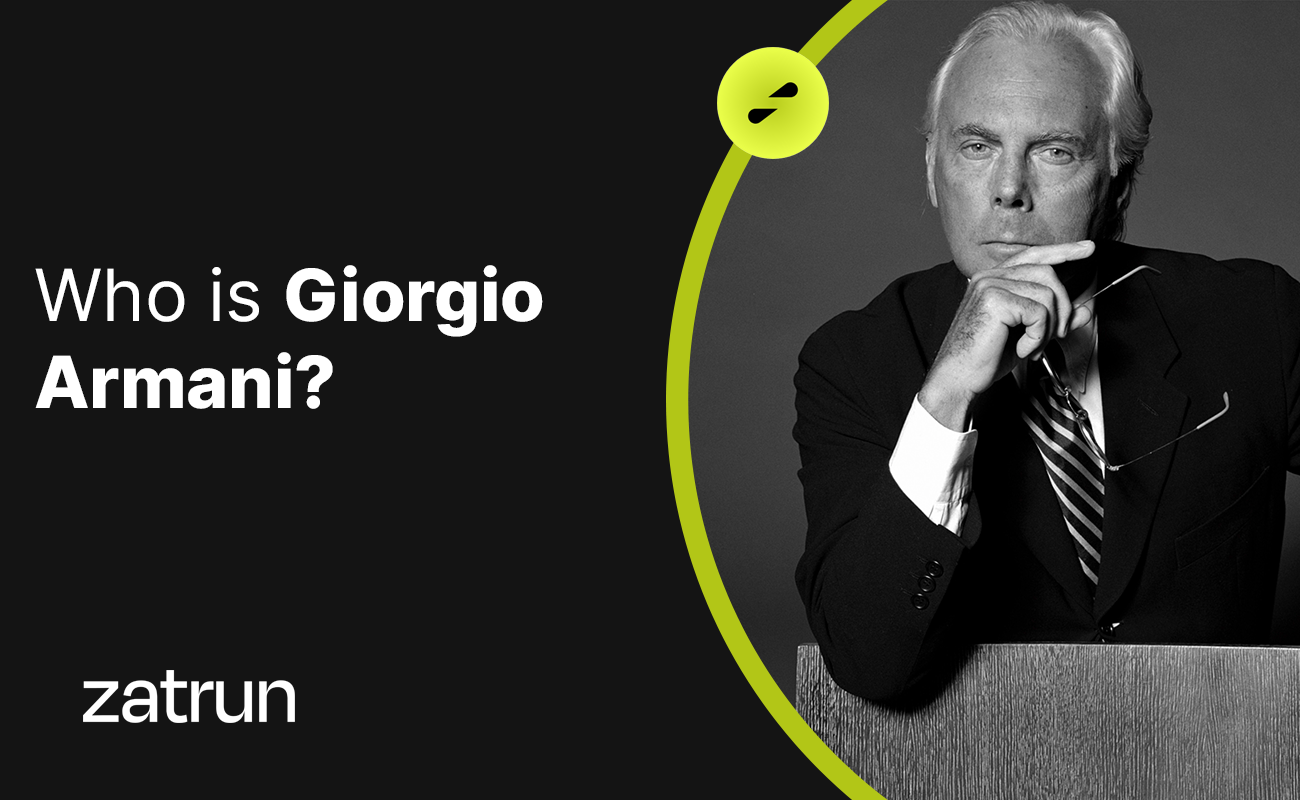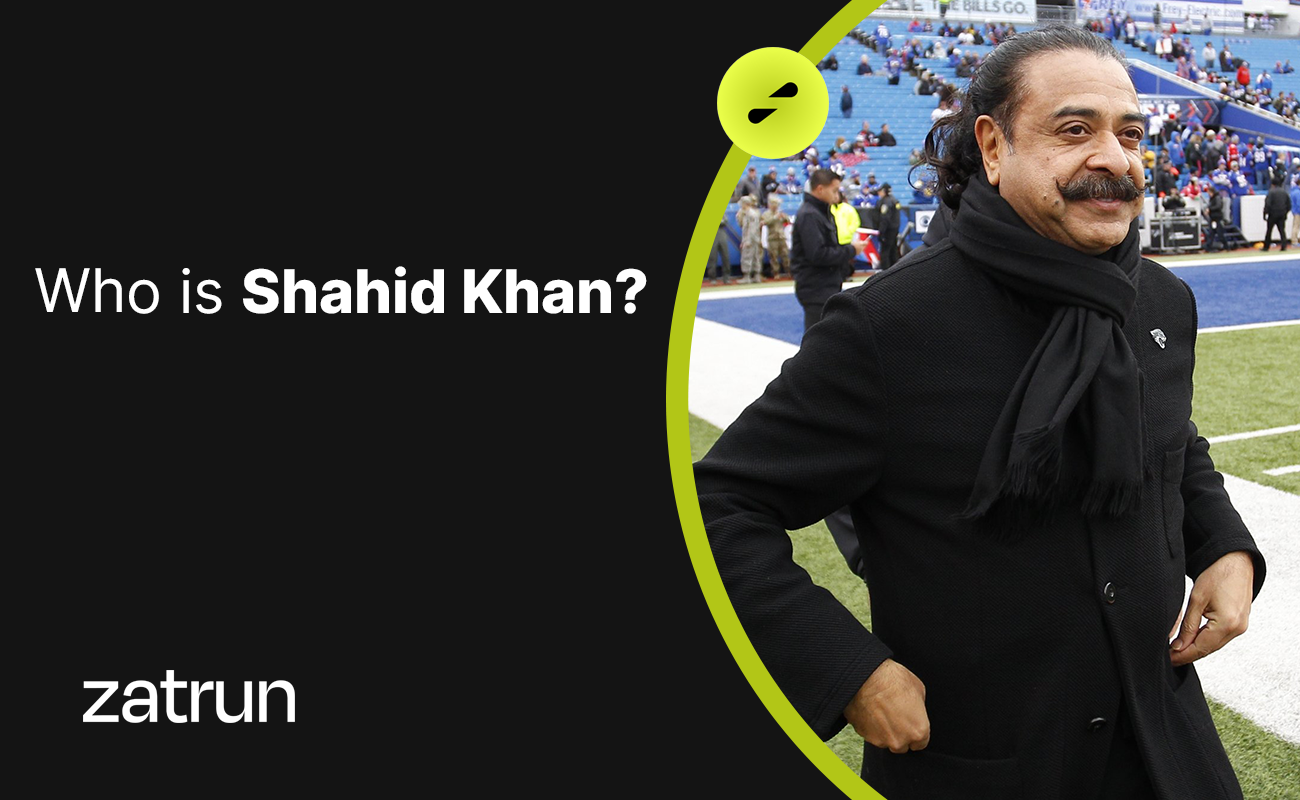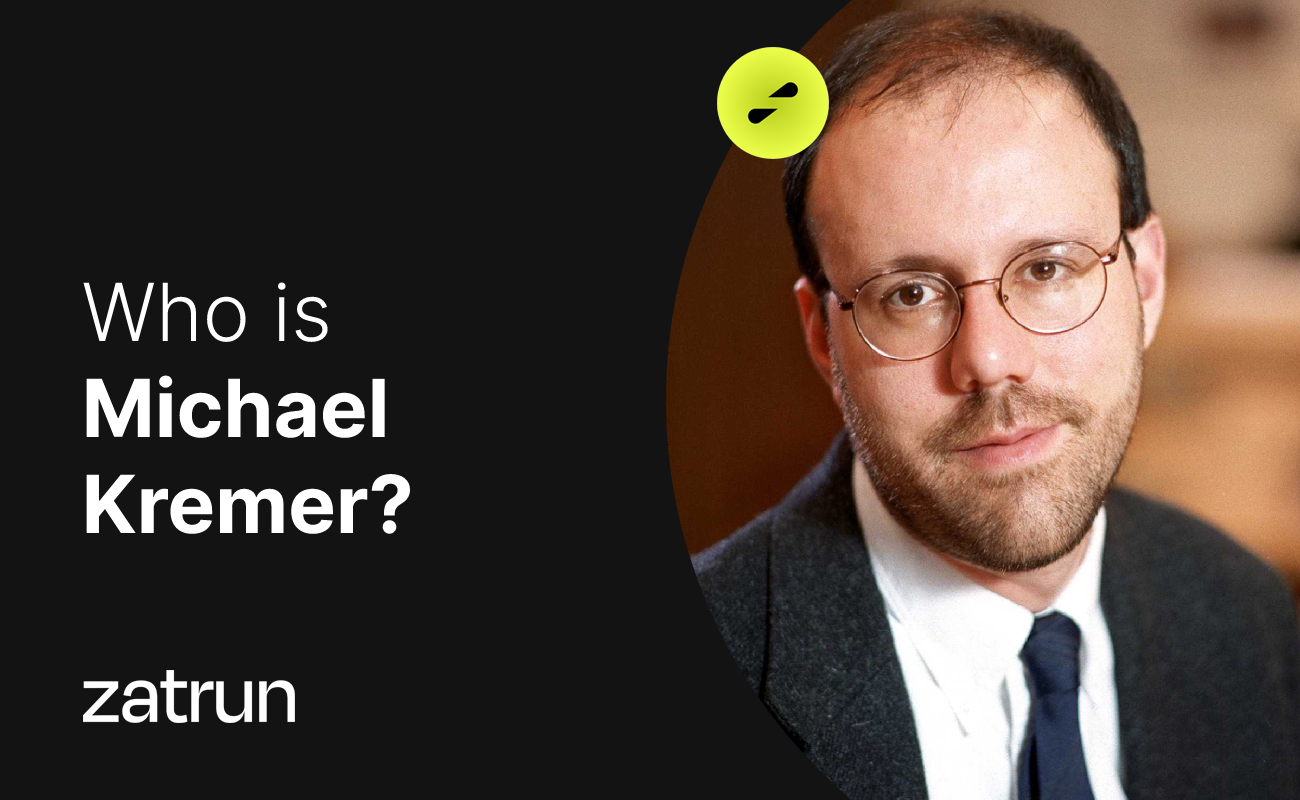Abhijit Banerjee 101: Who is the Famous Nobel Prize-Winning Economist? in our article of Zatrun.com, we will cover in detail everything you need to know about Abhijit Banerjee, the Nobel Prize-winning economist that our readers are curious about.
Who is Abhijit Banerjee?
Abhijit Vinayak Banerjee, an Indian-American economist, holds the prestigious position of Ford Foundation Professor of International Economics at the Massachusetts Institute of Technology. He, along with Esther Duflo and Michael Kremer, received the 2019 Nobel Memorial Prize in Economic Sciences for their pioneering experimental approach to combating global poverty. Notably, Banerjee and Duflo are the sixth married couple to jointly receive a Nobel Prize.

Abhijit Banerjee, the son of a Bengali family, was born in Mumbai. His father Dipak Banerjee was a professor of economics at Presidency College, Kolkata and his mother Nirmala Banerjee was a professor of economics at the Centre for Social Science Research, Kolkata. Dipak Banerjee received a PhD in economics from the London School of Economics. He attended South Point High School, a famous educational institution in Calcutta. After completing his education, he enrolled in Presidency College, then a college affiliated to the University of Calcutta and now an autonomous university, and completed his BSc(H) degree in economics in 1981. he did his master’s degree in economics from Jawaharlal Nehru University (JNU), Delhi in 1983.
During his time at JNU, Abhijit Banerjee was arrested and imprisoned in Tihar Jail following a student protest in which the then Vice-Chancellor PN Srivastava was assaulted. He was later released on bail and the charges against the students were dropped. After this incident, Banerjee went on to earn a PhD from Harvard University in 1988 with a thesis focusing on “Essays in the Knowledge Economy”.
Career Life
Abhijit Banerjee, currently the Ford Foundation Professor of International Economics at the prestigious Massachusetts Institute of Technology, has previously taught at Harvard University and Princeton University. His expertise is in the field of development economics, and his research has led him to advocate the use of field experiments as a crucial methodology for uncovering causal relationships in economics.
In recognition of his work, he was elected a member of the American Academy of Arts and Sciences in 2004. in 2009, he was honored with the Infosys Award twice and as the first recipient in the category of social sciences (economics). She also served on the Social Sciences jury for the Infosys Prize in 2018. In addition, he received the Gerald Loeb Award Business Book Honorable Mention in 2012 for his work “Poor Economics”, co-authored with Esther Duflo.
Abhijit Banerjee was appointed by United Nations Secretary-General Ban Ki-Moon in 2013 to a panel of experts on the post-2015 Millennium Development Goals. He was also awarded the Bernhard-Harms-Prize by the Kiel Earth Institute in 2014. in 2019, the Export-Import Bank of India will hold the 34th annual Meeting on the Redesign of Social Policy. On the Day of the Commencement he gave his Annual Lecture. In the same year, Banerjee received the Nobel Prize in Economics along with Esther Duflo and Michael Kremer for her efforts to reduce global poverty.

His Studies and Research in India:
Abhijit Banerjee and his team are focusing on evaluating the effectiveness of interventions such as government policies aimed at improving the lives of people in India. To achieve this, they use randomized controlled experiments similar to those used in medical research. For example, despite the free polio vaccination, most mothers did not bring their children to be vaccinated.
Later, Banerjee from MIT and Prof. Esther Duflo They did an experiment in Rajasthan where mothers who had vaccinated their children against polio were given a bag of pulses. This, in turn, led to an increase in the immunization rate in the region. Another experiment showed that teaching assistants helped students with special needs improve their learning outcomes in schools. Banerjee is one of the co-founders of the Abdul Latif Jameel Poverty Action Lab, founded with economists Esther Duflo and Sendhil Mullainathan. He also serves on the academic advisory board of Plaksha University.
Awards He Received
Abhijit Banerjee was awarded the Nobel Memorial Prize in Economic Sciences in 2019 along with Esther Duflo and Michael Kremer for their experimental approach to alleviating global poverty. The Royal Swedish Academy of Sciences noted that the use of randomized controlled trials in development economics is now widely adopted. The Nobel Prize was a great appreciation for the fields of Development Economics and the use of Randomized Controlled Trials.
Although their approach and focus on the poor is seen as a rejection of the current government ideology in India and the broader development discourse, their achievements have been celebrated with nationalist fervor in India, leading to mixed feelings. He was also awarded with the Honorary Doctor of Letters (Honoris Causa) degree by the University of Calcutta in January 2020. In September 2022, Abhijit Banerjee and Esther Duflo received the Golden Plate Award of the American Academy of Achievement.












